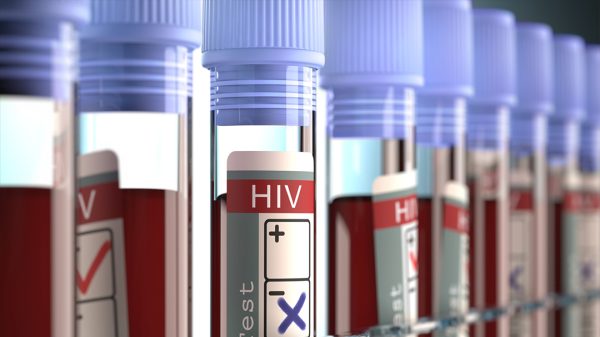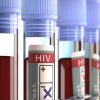With screen time and cyberbullying increasing among adolescents, a study finds that among 10-14-year-olds, cyberbullying is associated with a higher risk of experiencing eating disorder symptoms.
This study (“Cyberbullying and eating disorder symptoms in US early adolescents” by Chloe M. Cheng, Jonathan Chu, Kyle T. Ganson, et al), published in the International Journal of Eating Disorders, finds that being cyberbullied (cyberbullying victimization) and cyberbullying others (cyberbullying perpetration) are associated with eating disorder symptoms, such as worrying about gaining weight, tying one’s self-worth to weight, binge eating, and distress with binge eating.
“Cyberbullying could lead to low self-esteem, body image dissatisfaction, and unhealthy attempts to control weight, which could impact the risk of mental health issues, including eating disorder symptoms,” said lead author, Chloe M. Cheng, senior medical student at the University of California, San Francisco.
“Adolescents should limit social media that encourages eating disorders and appearance comparisons. Parents should advise their children to avoid cyberbullying and encourage them to report online harassment if it occurs,” said senior author, Jason M. Nagata, MD, associate professor of pediatrics at the University of California, San Francisco.
The study extends upon existing knowledge surrounding eating disorders in adolescents, which have among the highest mortality rate of any psychiatric disorder. The study uses data from the nationwide Adolescent Brain Cognitive Development (ABCD) study, the largest long-term study of brain development in the United States. The study collected data for 11,875 children aged 10-14 years old. Study participants answered questions about whether they had experienced cyberbullying victimization and perpetration, as well as whether they had experienced eating disorder symptoms.
“This study emphasizes the need for more research on how cyberbullying is related to the mental well-being of early adolescents,” noted co-author Kyle T. Ganson, PhD, assistant professor at the University of Toronto’s Factor-Inwentash Faculty of Social Work. “In particular, future research should focus on whether there are associations between cyberbullying and specific eating disorders in early adolescents.”


































































